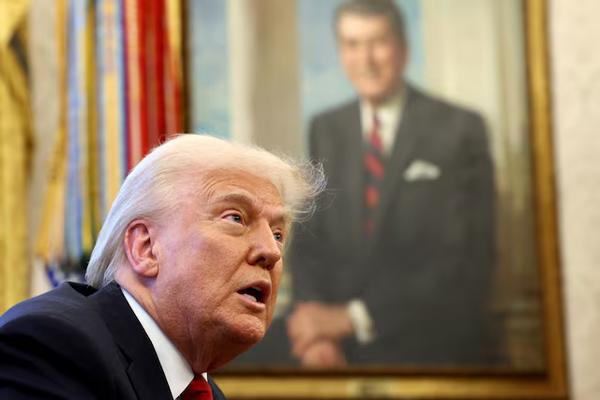Trump Imposes 25% Tariff on Imported Cars and Auto Parts
In a move that has raised concerns over the future of the Korea-U.S. Free Trade Agreement (FTA), U.S. President Donald Trump signed an executive order on March 26, 2025, imposing a 25% tariff on imported cars and auto parts. This unilateral action bypasses the negotiation table, a cornerstone of bilateral trade agreements.

Legal and Trade Implications
President Trump's executive order directly references the Korea-U.S. FTA, marking a first in his administration. The order claims the FTA has not benefited the U.S. adequately and cites national security threats from automobile imports. Experts argue this weakens the FTA's legal binding power and sets a concerning precedent for international trade agreements.
Security Threats as Justification
The Trump administration has repeatedly used "security threats" to justify tariffs on steel, aluminum, and now automobiles, under Section 232 of the Trade Expansion Act. This approach, bypassing standard procedures, has sparked debate over the abuse of trade laws for protectionist policies.
Future Tariff Targets
With the International Emergency Economic Powers Act (IEEPA) at its disposal, the administration could next target semiconductors and pharmaceuticals, sectors deemed critical to national security. Agricultural products may also face increased scrutiny, with non-tariff barriers like quarantine processes under the spotlight.
Renegotiation on the Horizon?
Observers speculate that the U.S. may seek to renegotiate the Korea-U.S. FTA, using tariffs as leverage to extract more favorable terms. The situation underscores the evolving challenges in global trade relations under the Trump administration's policies.







Comments